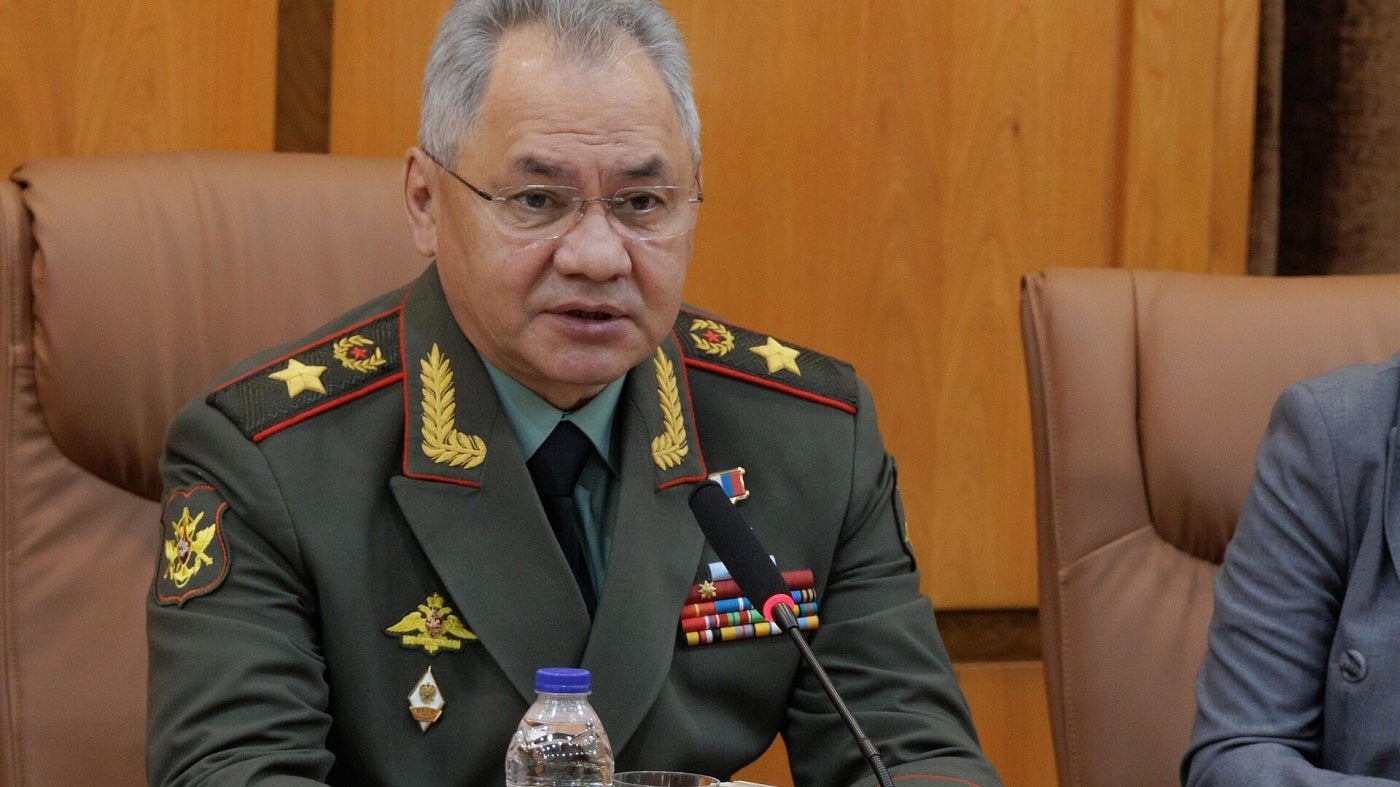
In a move to quell Iran’s unmanned aerial vehicle (UAV) and military aircraft industry, the United States has imposed sanctions on a multinational network spanning four countries.
Comprising 11 individuals and entities, this network plays a role in the procurement and maintenance activities that support Iran’s UAV and military aircraft production, specifically associated with the Iran Aircraft Manufacturing Industrial Company (HESA).
The HESA was designated for sanctions in September 2008 due to its ties to Iran’s Ministry of Defense and Armed Forces logistics.
This latest action underscores the United States’ commitment to thwarting Iran’s UAV ambitions, which have been deemed a destabilising force in the Middle East and a source of support for Russia’s actions in Ukraine, adding a new dimension to the geopolitical landscape.
Iran is supplying Russia with weapons, including loitering munitions, which are used in Ukraine. The US, the UK, and the EU sanctioned Iran or companies linked to the weapons supplied by Iran, marking a new conflict point in Iranian/US relations, according to GlobalData’s “US Defense Market 2022-2027” report.
As the US intensifies its efforts, it reaffirms its determination to work alongside allies and partners to hold Iran accountable for its actions.
James Marques, aerospace, defence, and security analyst at GlobalData, provided commentary on what these sanctions mean for Russian-Iranian ties, “These are probably for the Shahed drones Russia has been using, the Iranian long-range suicide drone.
We’ve known about Russia-Iranian ties for a while, and there is a constant worry that they’re trying to negotiate more weapons deals.”
Iran intends to establish Shahed UAV production sites in Russia and Belarus, to make the system more readily available to invading Russian forces against Ukraine.
Russia responds to US sanctions on Iran: A strengthening of ties
In response to the US sanctions targeting Iran, a key Russian ally, Russian Defence Minister General of the Army Sergei Shoigu, expressed the deepening of co-operation between Moscow and Tehran.
He emphasised the commitment to carry out planned activities despite opposition from the United States and Western allies. Shoigu highlighted that the sanctions pressure on Russia and Iran has proven ineffective, contrasting with the strengthening partnership between the two nations.
“We are aimed at implementing the entire range of planned activities despite opposition from the United States and its Western allies.
Sanctions pressure on Russia and Iran are demonstrating their futility, while Russian–Iranian interaction is reaching a new level,” Sergei Shoigu said during discussions with Iranian Minister of Defence and Armed Forces Logistics Mohammad-Reza Gharaei Ashtiani on Wednesday.
During discussions with Iranian Minister of Defence and Armed Forces Logistics Mohammad-Reza Gharaei Ashtiani, Shoigu underscored Moscow’s readiness to collaborate further to enhance stability and security in the Middle East.
He noted with satisfaction the intensified communication between Iran and Russia, attributing it to the trust-based relations cultivated between their leaders.
The Russian Defense Minister emphasised the substantial progress in strategic partnership and military cooperation between the two nations, emphasising the high dynamics of their meetings.
He invited his counterpart to discuss mutually beneficial topics during their upcoming talks. This development reflects a renewed era of co-operation between Russia and Iran, despite external pressures, to bolster security and stability in the Middle East.




